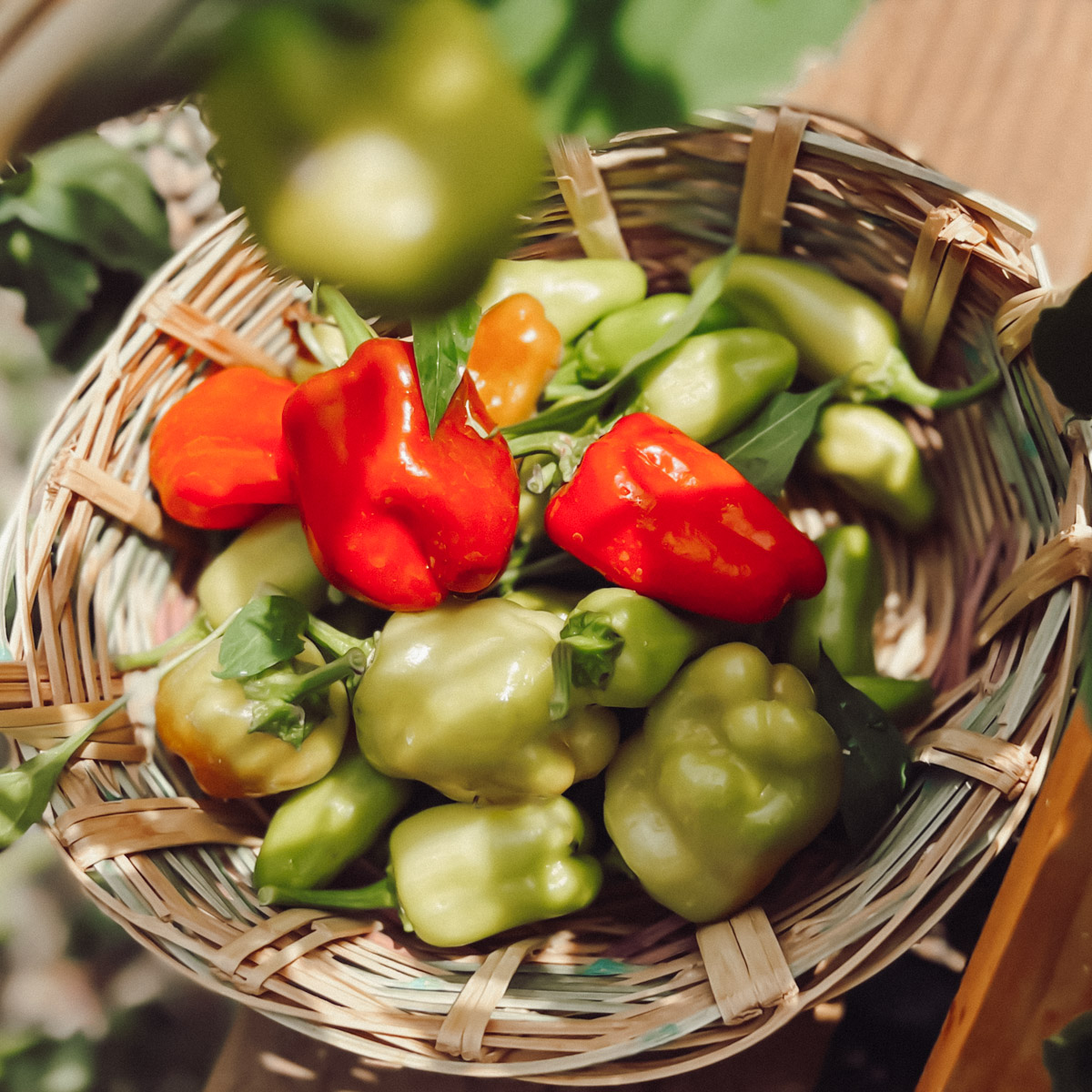Best Fertilizers for Peppers: Take Full Advantage Of Plant Health and Yield
Best Fertilizers for Peppers: Take Full Advantage Of Plant Health and Yield
Blog Article
The Ultimate Guide to Feeding Peppers: Enhancing Development and Taste Naturally
As pepper fanatics seek to cultivate robust plants generating tasty fruits, the duty of fertilization becomes vital in achieving these objectives. By discovering the benefits of all-natural plant foods, opening the tricks behind pepper plant nutrient needs, and diving into the realm of natural fertilizer choices, a globe of opportunities emerges for boosting the vigor and taste profile of these cherished plants.
Advantages of All-natural Plant Foods
All-natural fertilizers supply a range of benefits that contribute to the total health and wellness and efficiency of pepper plants. By enhancing the soil with organic matter, such as compost or manure, all-natural plant foods improve its water retention capability and nutrient-holding abilities, producing a more congenial setting for pepper plants to grow in.
Furthermore, all-natural plant foods sustain a diverse and energetic dirt microbiome, fostering advantageous microbial activity that aids in nutrient recycling and uptake by the plants. This microbial activity can help subdue harmful microorganisms and diseases, minimizing the requirement for chemical treatments. Additionally, natural fertilizers promote long-term dirt health by maintaining a balanced ecosystem underground, which in turn supports the general health and wellness and resilience of pepper plants above ground.
Recognizing Pepper Plant Nutrient Requirements
Having actually developed the benefits of natural plant foods in improving soil health and advertising microbial task, the focus now moves to recognizing the specific nutrient requirements vital for ideal development and taste in pepper plants.

Comprehending the particular nutrient needs of pepper plants is important for accomplishing abundant harvests with excellent taste. By giving the appropriate balance of nutrients with organic fertilizers or soil amendments, growers can guarantee healthy, vigorous plants that produce flavorful peppers throughout the expanding season.
Organic Fertilizer Options for Peppers
In enhancing the development and taste of pepper plants, choosing the ideal natural plant foods is an important factor to consider. Organic plant foods offer a natural and sustainable method to nurture pepper plants without presenting unsafe chemicals to the dirt and environment.
Another effective organic fertilizer for peppers is aged manure. Rich in phosphorus, potassium, and nitrogen, aged manure provides a balanced nutrient mix that sustains strenuous development and bountiful fruit manufacturing (best fertilizers for peppers). It is very important to use well-aged manure to avoid shedding the plants with excess ammonia
Fish emulsion is a fast-acting natural plant food that provides pepper plants with a quick boost of nutrients. Stemmed from fish waste, this fertilizer is high in nitrogen, making it specifically helpful throughout the early phases of pepper plant growth. Fish emulsion is easy to apply and is conveniently absorbed by the plants, promoting healthy foliage and strong root advancement.
When picking an organic fertilizer for peppers, think about the certain nutrient needs of your plants and go with options that line up with your gardening methods and worths.
Best Practices for Feeding Pepper Plants
Considering the value of selecting ideal organic plant foods for pepper plants, implementing ideal methods for fertilizing is necessary to guarantee optimum growth and taste development. Among the essential ideal methods for feeding pepper plants is to carry out a soil test before applying any plant foods. This test will aid determine the certain nutrient demands of the soil and guide our website you in picking the right type and amount of plant food. It is also essential to feed pepper plants at the correct time, commonly prior to growing and during key growth phases such as blooming and fruit development.
Additionally, including natural matter into the dirt with compost or mulching can help improve soil framework, water retention, and nutrition accessibility, promoting healthier pepper plants with enhanced flavor profiles. By sticking to these ideal techniques, you can effectively nurture your pepper plants and achieve plentiful harvests with exceptional taste and quality.
Troubleshooting Common Fertilization Issues

pH imbalance is an additional issue that can influence nutrient uptake in pepper plants. When the soil pH is as well reduced or also high, certain nutrients end up being inaccessible to the plants. Routinely checking the dirt pH and making changes using organic changes can assist preserve an ideal pH degree for optimum plant development. Irregular fertilizing practices can lead to unequal development and fruit advancement. Developing a normal fertilizing timetable and following suggested application rates can assist stop this issue and guarantee healthy pepper plants throughout the growing season.
Final Thought
By recognizing the nutrient requirements of pepper plants and choosing natural fertilizer alternatives, gardeners can effectively advertise energetic and healthy development. Complying with best techniques for fertilizing pepper plants and repairing common fertilizing problems can assist make certain effective cultivation of peppers.
By exploring the advantages of natural fertilizers, opening the secrets behind pepper plant nutrient needs, and diving into the realm of natural plant food choices, a globe discover this info here of possibilities arises for enhancing the vigor and flavor account of these cherished plants.Fish emulsion is a fast-acting natural fertilizer that find out here now supplies pepper plants with a quick increase of nutrients. It is additionally important to feed pepper plants at the ideal time, typically before planting and throughout key development stages such as blooming and fruit development.
By recognizing the nutrient needs of pepper plants and selecting natural fertilizer choices, garden enthusiasts can effectively promote healthy and strenuous growth. Adhering to ideal techniques for fertilizing pepper plants and troubleshooting common fertilization problems can assist make certain effective farming of peppers.
Report this page